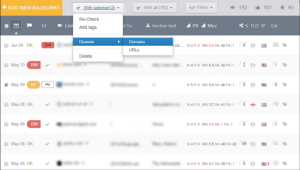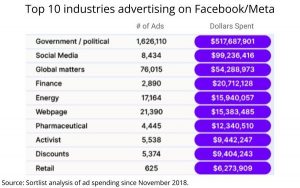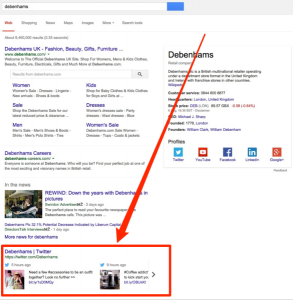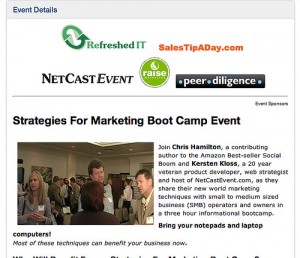— June 23, 2017

DarkWolfized / Pixabay
More than one-in-three American workers today are Millennials (those who were ages 18–34 in 2015), and they have recently surpassed Generation X to become the largest share of the workforce. It may have been possible to ignore their need for continuous feedback in the past, but those days are over. If given the choice, 44% of Millennials say they expect to leave their current employers in the next two years. Why? Lack of feedback.
So either there needs to be serious changes made when it comes to giving feedback to your Millennial workers, or you can expect employee turnover to skyrocket. It’s important first to understand why Millennials are feeling such a serious need for feedback, and then we can get into how to retain Millennial workers.
Why Do They Need So Much Feedback, Anyway?
Contrary to popular belief, Millennials are not looking for constant praise. Many articles about Millennials in the workforce seem to think their need for frequent feedback is rooted in narcissism and self-absorption. That’s simply not the case.
Like most generations, it comes down to how they were raised. Millennials come from the Era of the Internet: for them, everything is instant. They don’t like surprises and they don’t like having to wait to find out how they’re doing. Basically, Millennials aren’t narcissistic, they’re uncertain. In a world where entry level jobs often ask for 1–3 years of experience, they want to know: Am I doing okay? What are my weaknesses? Is there anything I could be doing better?
So How Can You Do It?
Only 19% of Millennials say they receive routine feedback. Considering the reasons they want it, it’s no surprise they’re unhappy. What you can do is this: make feedback continuous. It should be an ongoing conversation between the two of you, and not a static report of performance during annual reviews.
Be Specific, Be Frequent.
42% of Millennials want feedback every week, which is over twice the percentage of every other generation. It may not be possible for busy managers, but make your best effort to have a chat about performance with your employee at least once a week.
Also, even in brief once-a-week or once-a-month chats, make sure you have something specific to comment on when you speak with your employee. Being too vague with Millennials essentially guarantees they’ll become disgruntled, dissatisfied and eventually quit. They need something to act on, something to accomplish and something to work toward.
Tip: During feedback, saying something like “you need to improve your client interactions,” means nothing. Instead, try “when emailing with clients, try using a more positive, friendly tone, rather than being strictly professional.“
Throw Out Annual Reviews (If You Can).
We know this one is difficult. It’s not up to you, it’s up to the CEO. However, keep in mind that 28% of Millennials have responded to an annual review by beginning a search for a new job; 35% responded by complaining to coworkers. In addition, annual reviews give you an excuse to let less formal performance discussions slip away. When it’s time for your weekly chat, it’s too easy to say, “I don’t have time this week; I can just bring it up during the review in December.”
More important than actually throwing out the annual review is building a performance culture. In a recent study, 49% of HR professionals said they believe the performance appraisal process needs re-evaluation. You don’t necessarily have to cancel annual reviews, but you must keep the doors to feedback open at all times. Whether it’s a chat with an employee as you stop by their desk, or a formal raise request, performance should be a daily part of work life.
Keep An Open Dialogue.
Millennials are expecting coaches, not just bosses. Continuous feedback through technology, weekly meetings, daily chats, etc., is the best way to keep an open dialogue and help your employees feel like they can talk to you. When asked, 32% of Millennials said they dislike when reviews don’t allow them to share thoughts on their own performance. You don’t have to be their best friend, but you do have to make your employees — especially Millennials — feel like they can speak their mind.
Millennials are a difficult generation to understand and manage. Their wants, needs and goals are very different than the generations that came before them. However, endeavoring to work with them, not against them, by providing continuous feedback is bound to help your organization in the long run.
Business & Finance Articles on Business 2 Community
(51)
Report Post







